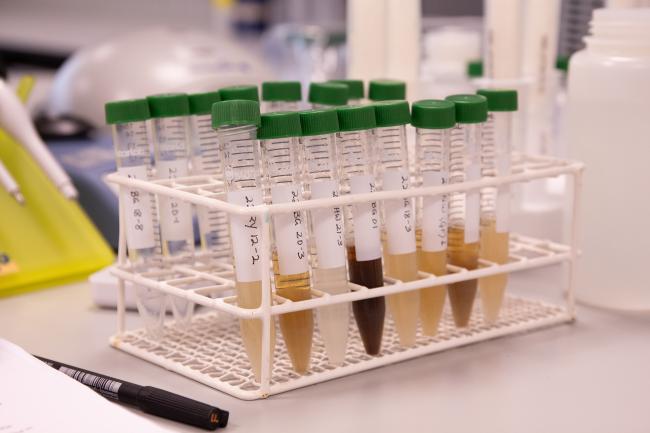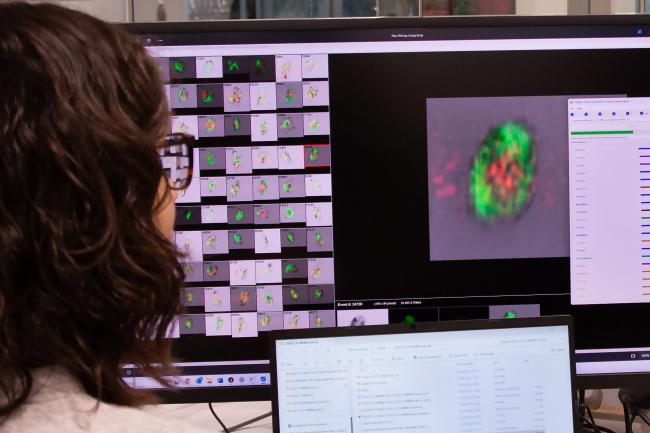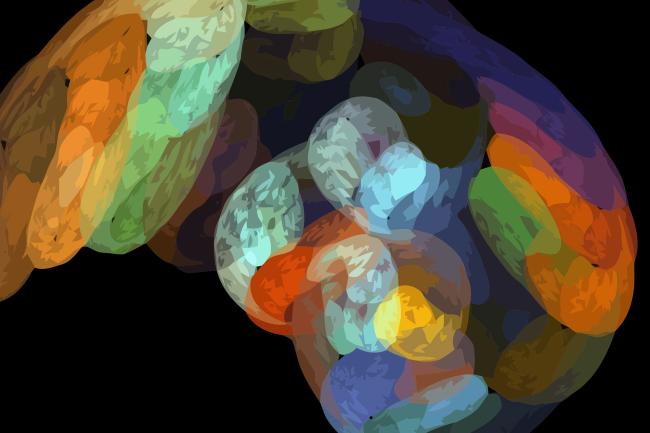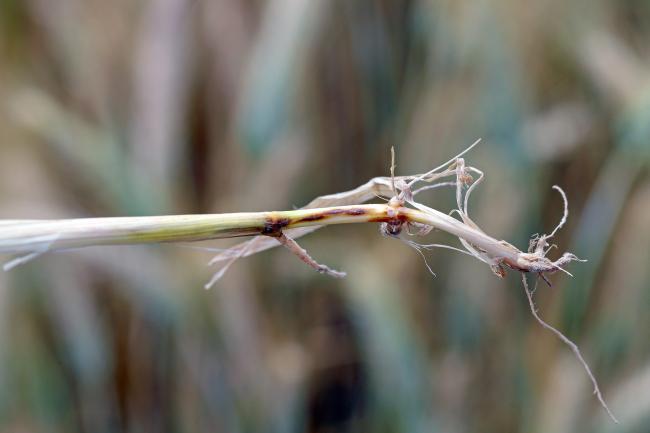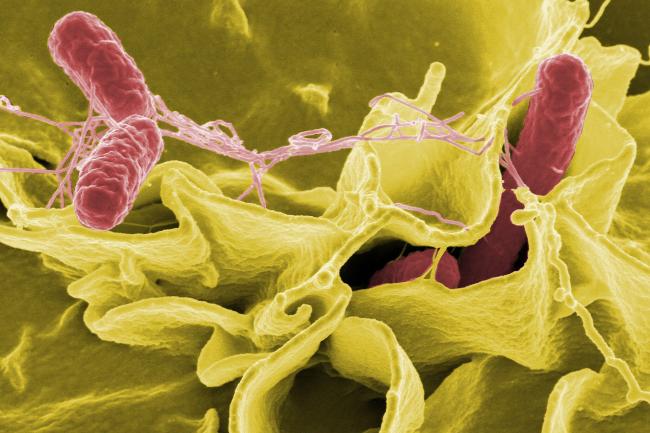Based on evidence from other plant species, the research focuses on a specific set of genes in Brachiaria, the ASGR-BABY BOOM-like (ASGR-BBML) genes. These genes were previously discovered in the related grass genera Pennisetum and Cenchrus. A marker within one of the candidate genes was shown to be present in apomictic progeny and absent in sexual progeny.
From these findings, the team of scientists have produced a genetic map for Brachiaria and located the genetic region controlling apomixis. This allows the scientists to design genomic markers to directly detect clones - aiding breeders.
Project lead at EI, Dr Jose de Vega, said: “It is of paramount importance that plant breeders can produce high-yielding, healthy plants that are tolerant to a suite of different conditions. Similarly, it is important that farmers are able to effectively grow exactly these plants. Having sexual and apomictic offspring allows to distribute clonal copies of the elite breeded lines, and maintain the breeding programme.
“However, for the breeders, selecting superior crops can be both time-consuming and expensive. Marker assisted selection of a trait so important as sexual mode is fundamental to accelerating breeding programmes.






